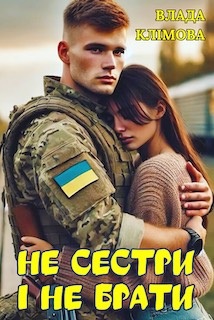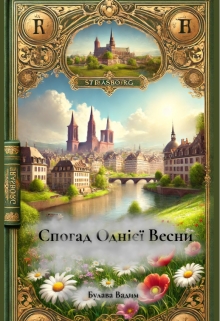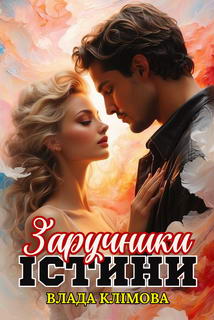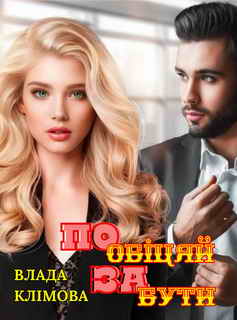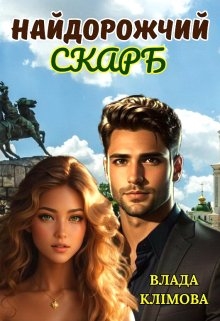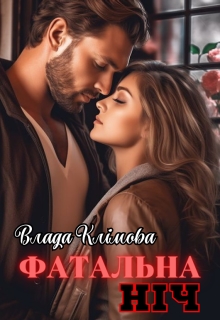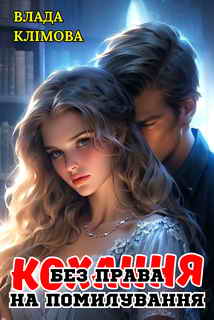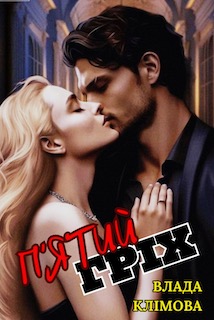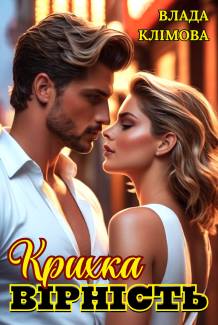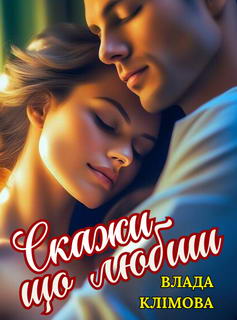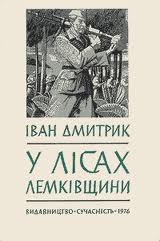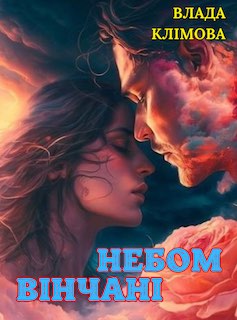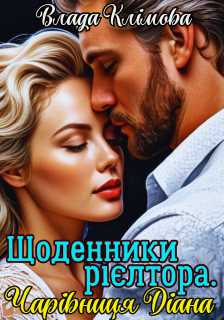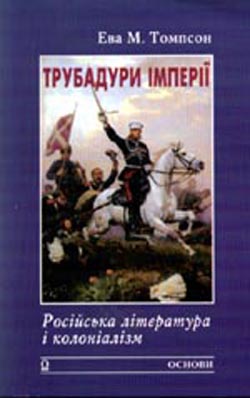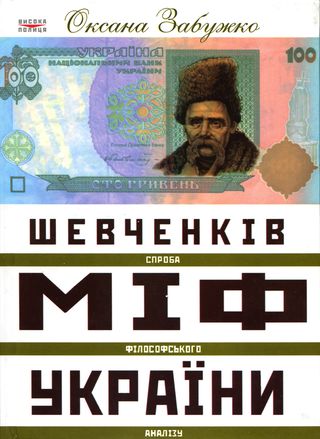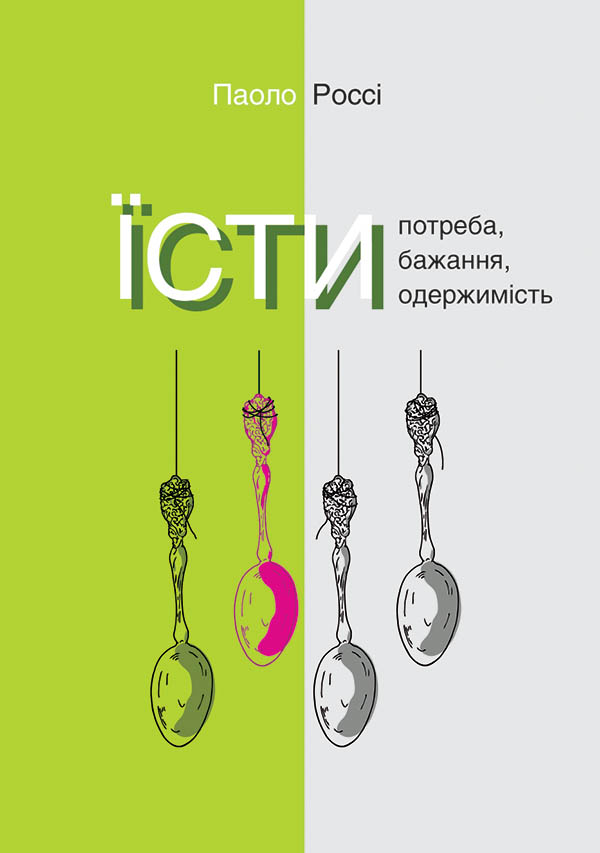Марко Андрійчик - Інтелектуал як герой української прози 90-х років XX століття
Шрифт:
Інтервал:
Добавити в закладку:
11. Chernetsky, Vitaly. Mapping Postcommunist Cultures: Russia and Ukraine in the Context of Globalization. Montreal and Kingston: McGill-Queen’s University Press, 2007.
12. Clark, Katerina. ‘Changing Historical Paradigms in Soviet Culture.’ In Late Soviet Culture: From Perestroika to Novostroika, edited by Thomas Lahusen with Gene Kuperman. Durham, NC, and London: Duke University Press, 1993.
13. Dahrenhof, Ralf. ‘The Intellectual and Society: The Social Function of the “Fool” in the Twentieth Century.’ In On Intellectuals, edited by Philip Reiff. Garden City: Doubleday, 1969.
14. Eaton, Marcia Muelder. ‘The Role of Art in Sustaining Communities.’ In Diversity and Community, edited by Philp Anderson. Malden, MA: Blackwell Publishing, 2002.
15. Feuer, Lewis S. The Scientific Intellectual: The Psychological and Sociological Origins of Modern Science. New York and London: Basic Books, 1963.
16. Foucault, Michel. Madness and Civilization: A History of Insanity in the Age of Reason. Translated by Richard Howard. New York: Pantheon Books, 1965.
17. Grabowicz, George G. The Poet as Mythmaker: A Study of Symbolic Meaning in Taras Shevchenko. Cambridge, MA: Harvard Ukrainian Research Institute, 1982.
18. Haber, Honi Fern. Beyond Postmodern Politics: Lyotard, Rorty and Foucault. New York: Routledge, 1994.
19. Hermand, Jost. ‘Beyond the Parameters of the Cold War: The Greening of a New Social Identity.’ In Postmodern Pluralism: The Twenty-fourth Wisconsin Workshop, edited by Jost Hermand, translated by James Young. New York: Peter Lang, 1993.
20. Hundorova, Tamara. The Canon Reversed: New Ukrainian Literature of the 1990s.’ Journal of Ukrainian Studies, vol. 26, no. 1—2 (Summer-Winter 2001): 249—70.
21. King, Nikola. Memory, Narrative, Identity: Remembering the Self Edinburgh: Edinburgh University Press, 2000.
22. Lindheim, Ralph, and George S.N. Luckyj, eds. Towards an Intellectual History of Ukraine: An Anthology of Ukrainian Thought from 1710 to 1995. Toronto: University of Toronto Press, 1996.
23. Lyotard, Jean-Frangois. ‘Tombeau de l’intellectuel.’ In Tombeau de Vintellectuel et autres papiers. Paris: Editions Galilee, 1984.
24. Malia, Martin. ‘What is the Intelligentsia?’ In The Russian Intelligentsia, edited by Richard Pipes. New York: Columbia University Press, 1961.
25. Mannheim, Karl. Ideology and Utopia: An Introduction to the Sociology of Knowledge. Translated by Loiiis Wirth and Edward Shils. London: Routledge and Kegan Paul Ltd, 1936.
26. May, Todd. Reconsidering Difference: Nancy, Derrida, Levinas, and Deleuze. University Park: Pennsylvania State University Press, 1997.
27. Naydan, Michael M. ‘Translating a Novel’s Novelty: Yuri Andrukhovych’s Perverzion in English.’ Yale Journal of Criticism 16, no. 2 (October 2003): 455—64.
28. Naydan, Michael M. ‘Ukrainian Avant-garde Poetry Today: Bu-Ba-Bu and Others.’ Slavic and East European Journal 50, no. 3 (Fall 2006): 454—70.
29. Naydan, Michael M. ‘Ukrainian Literary Identity Today: the Legacy of the Bu-Ba-Bu Generation after the Orange Revolution.’ World Literature Today, vol. 79, nos. 3—4 (September-December 2005): 24—27.
30. Naydan, Michael M. ‘Ukrainian Prose of the 1990s as It Reflects Contemporary Social Structures.’ The Ukrainian Review 51, no. 1 (Spring 1995): 45—61.
31. Nettle, J.P. ‘Ideas, Intellectuals, and Structures of Dissent.’ In On Intellectuals, edited by Philip Reiff. Garden City: Doubleday, 1969.
32. Nichols, Ray. Treason, Tradition and the Intellectual: Julien Benda and Political Discourse. Lawrence: Regent Press of Kansas, 1978.
33. Pavlychko, Solomea. ‘Facing Freedom: The New Ukrainian Literature.’ Translated by Askold Melnyczuk. In From Three Worlds: New Writing from Ukraine, edited by Ed Hogan. Boston: Zephyr Press, 1996.
34. Pavlychko, Solomea. Introduction to Tivo Lands New Visions: Stories from Canada and Ukraine. Translated by Marco Carynnyk and Marta Horban. Regina: Coteau Books, 1999.
35. Pavlyshyn, Marko. ‘Literary Politics vs. Literature: Ukrainian Debates in the 1990s.’ Soviet and Post-Soviet Review 28, nos. 1—2 (2001): 147—55.
36. Pavlyshyn, Marko. ‘Choosing a Europe: Andrukhovych, Izdryk and the New Ukrainian Literature.’ New Zealand Slavonic Journal 35 (2001): 37—48.
37. Pavlyshyn, Marko. ‘Demystifying High Culture?’ In Perspectives on Modern Central and Eastern European Literature: Quest for Identity, edited by Todd Patrick Armstrong. Houndmills: Palgrave, 2001.
38. Pavlyshyn, Marko. ‘Literary Canons and National Identities in Contemporary Ukraine.’ Canadian-American Slavic Studies 40, no. 1 (2006): 5—19.
39. Pawliczko, Ann Lencyk, ed. Ukraine and Ukrainians Throughout the World. Toronto: University of Toronto Press, 1994.
40. Prohasko, Taras. Interview by Pavlo Krupa. San Rideau, no. 2 (2004): 44—55.
41. Prohasko, Taras. ‘Necropolis.’ In Two Lands New Visions: Stories from Canada and Ukraine. Translated by Marco Carynnyk and Marta Horban. Regina: Coteau Books, 1999.
42. Riabchuk, Mykola. ‘By Way of Summary: Ambivalence to Ambiguity.’ // Дві України: Реальні межі, віртуальні війни. — К.: Критика, 2003.
43. Ricceur, Paul. Oneself as Another. Translated by Kathleen Blarney. Chicago: University of Chicago Press, 1992.
44. Robbins, Bruce. Introduction to Intellectuals: Aesthetics, Politics and Academics, edited by Bruce Robbins. Minneapolis: University of Minnesota Press, 1990.
45. Romanets, Maryna. ‘Erotic Assemblages: Field Research, Palimpsests, and What Lies Beneath.’ Journal of Ukrainian Studies, vol. 26, nos. 1—2 (2002): 273—85.
46. Rymaruk, Ihor, comp. Visimdesiatnyky. Edmonton: Canadian Institute of Ukrainian Studies Press, 1990.
47. Sadri, Ahmad. Max Weber’s Sociology of Intellectuals. Oxford and New York: Oxford University Press, 1992.
48. Said, Edward W. Representations of the Intellectual: The Reith Lectures. New York: Vintage Books, 1994.
49. Salomon, Albert. ‘The Messianic Bohemians.’ In The Intellectuals: A Controversial Portrait, edited by George B. de Huszar.
Увага!
Сайт зберігає кукі вашого браузера. Ви зможете в будь-який момент зробити закладку та продовжити читання книги «Інтелектуал як герой української прози 90-х років XX століття», після закриття браузера.
